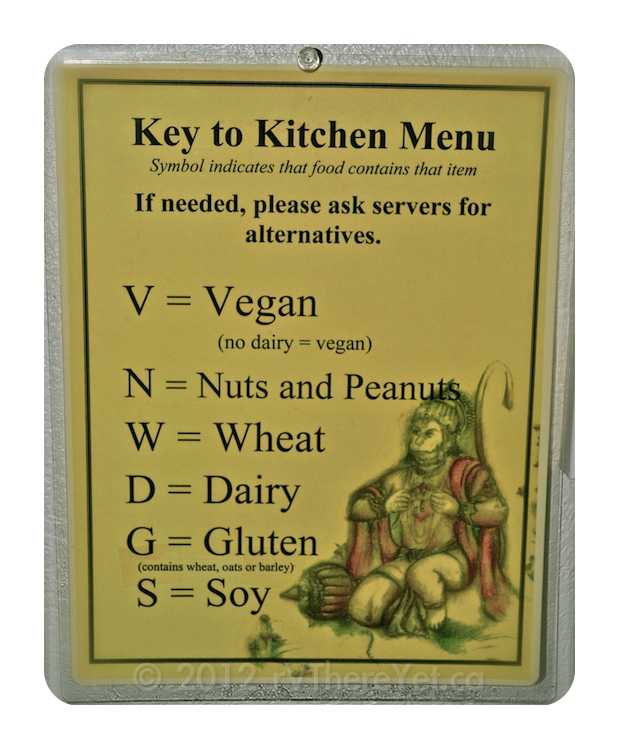The enigma of Happiness: Eckhart Tolle on finding a Happier YOU!
 The 10 powerful insights listed below from Eckhart Tolle really leave me feeling inspired at the perfection of my life, in this very moment. No such thing as the labels of ‘good’, ‘bad’, ‘right’ or ‘wrong’. What is, is. The choices I make with each breath that I take breed the outcome from moment to moment of how I relate to myself and the world and circumstances around me. From what Eckhart proposes, happiness is always innately there, within me. Happiness is something you can synthesize
The 10 powerful insights listed below from Eckhart Tolle really leave me feeling inspired at the perfection of my life, in this very moment. No such thing as the labels of ‘good’, ‘bad’, ‘right’ or ‘wrong’. What is, is. The choices I make with each breath that I take breed the outcome from moment to moment of how I relate to myself and the world and circumstances around me. From what Eckhart proposes, happiness is always innately there, within me. Happiness is something you can synthesize
… it is a choice. And ironically, it is my choice on whether to accept that reality or not! Sometimes, a very difficult concept to grasp in the midst of turmoil and pain. But nevertheless a consciousness which could potentially lead me down the road to ending all suffering. Positive food for thought. Synthesis. Growth. Love = happiness = superfood!
And I love these concepts from the book Living Values Activities for Children 8-14: “When I have love and peace inside, happiness just comes ….. Lasting happiness is a state of contentment within ….. When my words express ‘give flowers instead of thorns’, I create a happier world”.
Oneness with All Life by Eckhart Tolle
1. Don’t seek happiness. If you seek it, you won’t find it, because seeking is the antithesis of happiness. Happiness is ever elusive, but freedom from unhappiness is attainable now, by facing what is rather than making up stories about it.
2. The primary cause of unhappiness is never the situation but your thoughts about it. Be aware of the thoughts you are thinking. Separate them from the situation, which is always neutral, which always is as it is. There is the situation or the fact, and here are my thoughts about it. Instead of making up stories, stay with the facts. For example, “I am ruined” is a story. It limits you and prevents you from taking effective action. “I have 50 cents left in my bank account” is a fact. Facing facts is always empowering.
3. See if you can catch the voice in your head, perhaps in the very moment it complains about something, and recognize it for what it is: the voice of the ego, no more than a thought. Whenever you notice that voice, you will also realize that you are not the voice, but the one who is aware of it. In fact, you are the awareness that is aware of the voice. In the background, there is the awareness. In the foreground, there is the voice, the thinker. In this way you are becoming free of the ego, free of the unobserved mind.
4. Wherever you look, there is plenty of circumstantial evidence for the reality of time—a rotting apple, your face in the bathroom mirror compared with your face in a photo taken 30 years ago—yet you never find any direct evidence, you never experience time itself. You only ever experience the present moment.
5. Why do anxiety, stress, or negativity arise? Because you turned away from the present moment. And why did you do that? You thought something else was more important. One small error, one misperception, creates a world of suffering.
6. People believe themselves to be dependent on what happens for their happiness. They don’t realize that what happens is the most unstable thing in the universe. It changes constantly. They look upon the present moment as either marred by something that has happened and shouldn’t have or as deficient because of something that has not happened but should have. And so they miss the deeper perfection that is inherent in life itself, a perfection that lies beyond what is happening or not happening. Accept the present moment and find the perfection that is untouched by time.
7. The more shared past there is in a relationship, the more present you need to be; otherwise, you will be forced to relive the past again and again.
8. Equating the physical body with “I,” the body that is destined to grow old, wither, and die, always leads to suffering. To refrain from identifying with the body doesn’t mean that you no longer care for it. If it is strong, beautiful, or vigorous, you can appreciate those attributes—while they last. You can also improve the body’s condition through nutrition and exercise. If you don’t equate the body with who you are, when beauty fades, vigor diminishes, or the body becomes incapacitated, this will not affect your sense of worth or identity in any way. In fact, as the body begins to weaken, the light of consciousness can shine more easily.
9. You do not become good by trying to be good, but by finding the goodness that is already within you and allowing that goodness to emerge.
10. If peace is really what you want, then you will choose peace.

